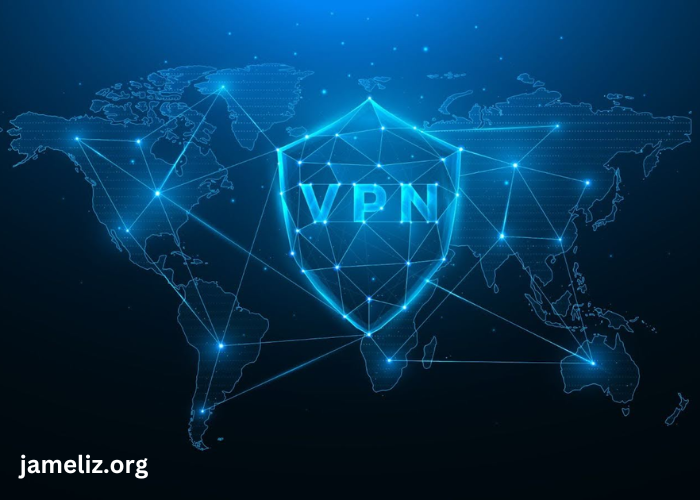Keeping your browsing activities private and secure is more important than ever in our digital world. Whenever you go online, access financial information, or log into an account, you are at risk for one type of cyber threat. This may include data breaches, online surveillance, etc. That’s where a Virtual Private Network comes in.
Safeguards Your Data on Public Wi-Fi
Public Wi-Fi hotspots are great but burdened with enormous security lapses. Wi-Fi networks are usually unsecured at a café, airport, or hotel, making it easy for hackers to intercept your data. If you don’t have any protection, bad people on that same network can easily access your personal information, like passwords, bank details, and private messages.
A VPN provides strong security on public Wi-Fi by encrypting your internet traffic. This encryption changes your data into an unreadable format for anyone trying to steal it. This extra layer of protection is very important when using an unsecured network to access personal or work accounts.
Masks Your IP Address and Location
Your IP address discloses your location and identity every time you go online. Advertisers, websites, and even hackers can use that information to track your activities online and feed you invasive ads. VPNs hide your IP address, replacing it with the IP address of that specific VPN server you’re connected to; this effectively keeps your real location secret.
Using a VPN routes your traffic through one of its servers, making it more difficult for websites and third parties to track your real location or monitor your behavior. This keeps your online activities anonymous and significantly reduces your digital footprint. A VPN covers you whether you’re worried about surveillance, corporate tracking, or data breaches. It gives you the privacy you need to browse the web without feeling constantly watched.
Many VPN services let you connect to servers in various countries. This helps hide your location and enables you to access content that might be blocked in certain areas. That means you can access the global Internet privately and without restrictions.
Encrypts Sensitive Data
Encryption is fundamental to any VPN, ensuring your internet data stays safe from people who shouldn’t see it. Suppose you do not have encryption to secure the information you send or receive online, such as passwords, financial details, or private messages; in that case, this will be so much more susceptible to interception by cyber-criminals. Of course, when your data is sent without any protection, it exposes you and makes it easier for hackers to steal it.
VPNs encode your data with advanced encryption protocols, making it unreadable for any third-party interceptor. This means that even if hackers access your connection, they won’t be able to decipher encrypted data. Whether sending important work documents, logging into your bank account, or simply surfing the web, a VPN’s encryption keeps your personal information safe and secure.
Prevents ISP Tracking
That means ISPs can trace every action you conduct online and even sell this data to third-party advertisers or data brokers. The result could be more personalized ads, but it is an obvious invasion of your privacy. A VPN helps safeguard your privacy by encrypting your internet traffic and sending it through its servers, making it harder for ISPs to track what you do online.
Using a VPN, your internet service provider (ISP) will only see the VPN server’s IP address, not the websites you visit or the content you access. This helps keep your privacy and makes sure your browsing habits stay anonymous. Also, it stops ISPs from slowing down your internet speed based on your activity, giving you a smoother and more private browsing experience.

